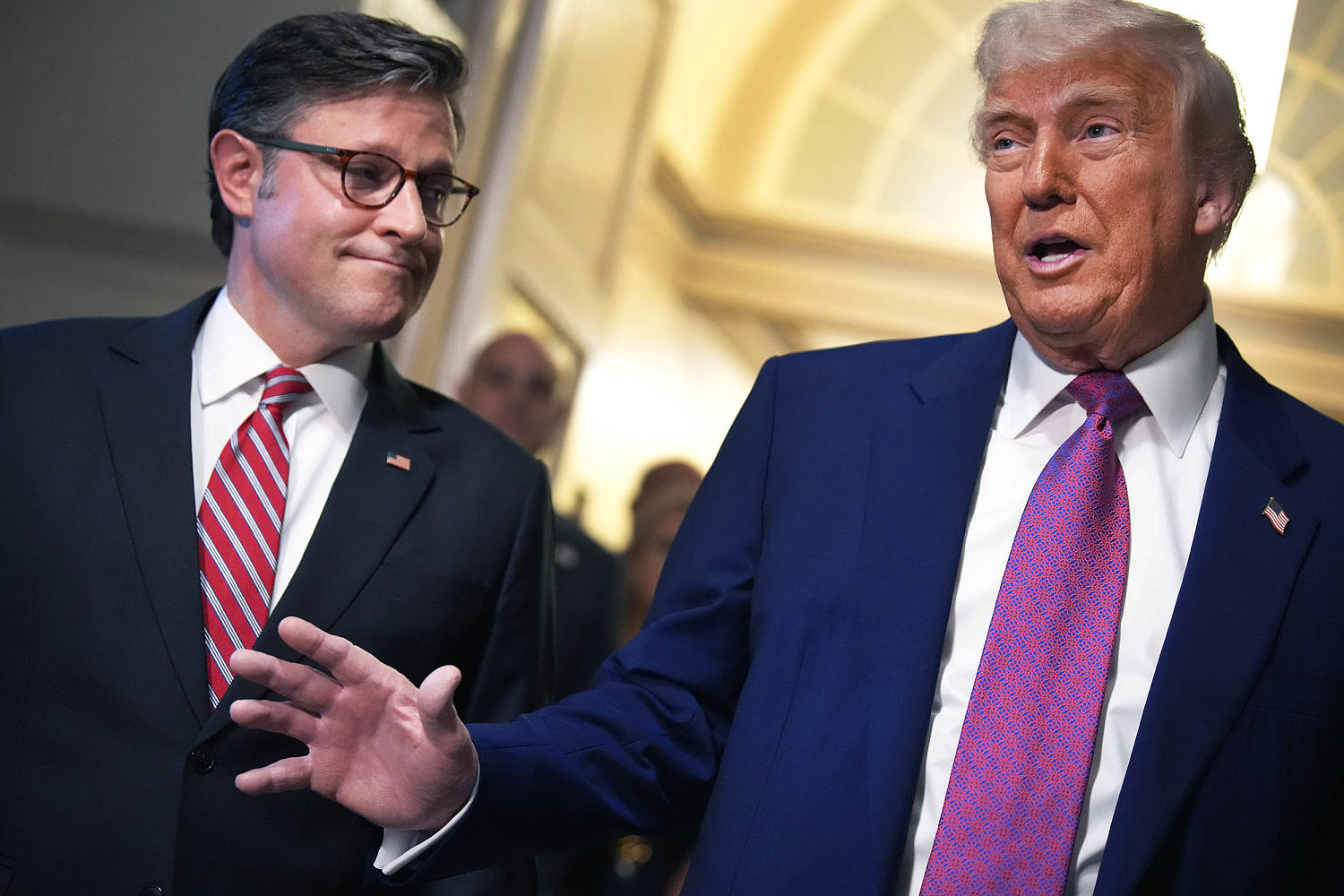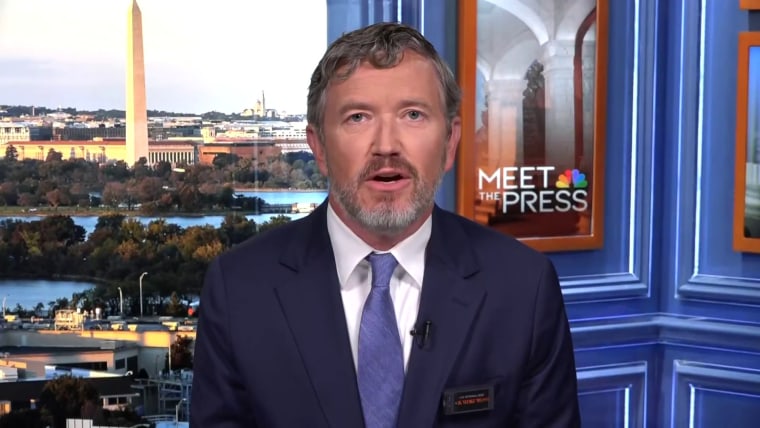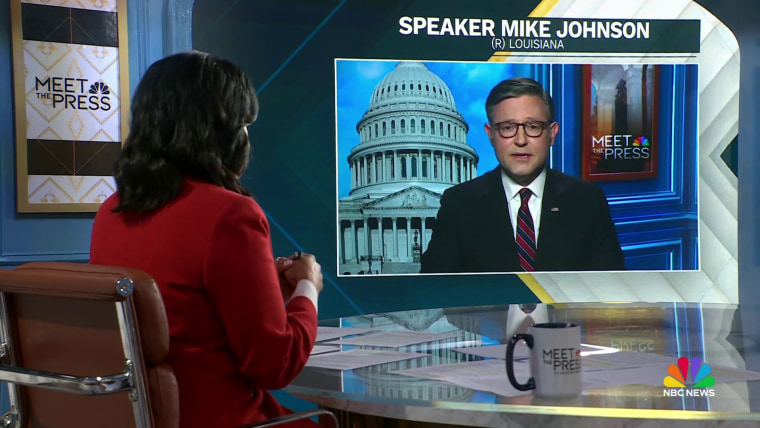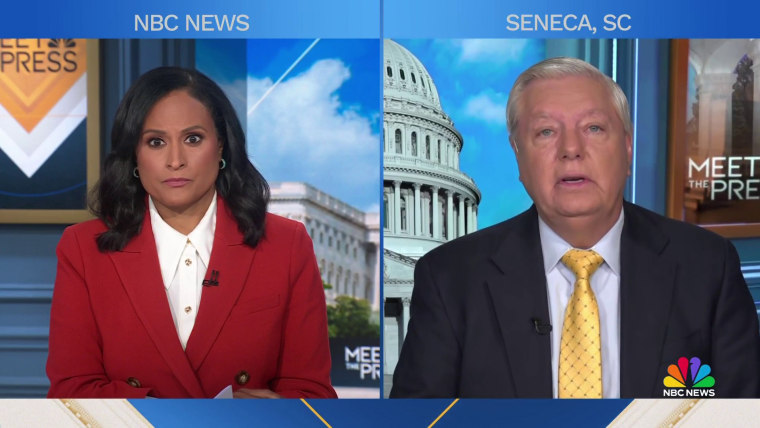White House to ask Congress to codify DOGE cuts to USAID and public broadcasting


WASHINGTON — Congressional leaders are expecting the White House to send them a package as soon as Tuesday that would claw back $9.4 billion in approved spending, most of it for foreign aid.
The so-called rescissions package will include money that has been approved by Congress that the Trump administration no longer wants to spend, according to a list of talking points obtained by NBC News.
It would slash funding to the U.S. Agency for International Development, NPR and PBS, according to the talking points, and would aim to codify cuts proposed by Department of Government Efficiency, the advisory entity that was helmed by Trump’s billionaire ally Elon Musk until he left his post last week.
The package would require simple majority support in the House and the Senate to pass, meaning Republicans could bypass Democrats.
The package is expected to contain $8.3 billion in cuts to foreign aid, including a number of programs designed to support LGBTQ communities, according to the talking points. There are also cuts to education and transportation programs, reproductive health, funds for the World Health Organization, about $142 million in cuts for the United Nations Children’s Fund (UNICEF) and nearly $9 million in cuts to the U.S. President’s Emergency Plan for AIDS Relief (PEPFAR). And the package includes $1.1 billion in cuts to funding for the Corporation for Public Broadcasting.
The $9.4 billion represents a drop in the bucket when set against the $6.8 trillion that the U.S. government spends annually. And it comes as congressional Republicans are seeking to pass a sprawling domestic policy bill, which would add more than $2 trillion to the debt. Still, spending hawks see it as an important step toward undoing authorized spending, which is rare.
Rescission packages usually fail because Congress, which controls the power of the purse, typically rejects attempts by a president to decline to allocate certain spending it has directed.
Senate Majority Leader John Thune, R-S.D., said Monday that the expectation is the House would consider the rescissions package first and then the Senate would take it up “as quickly as we can.”
He said the Senate will have to juggle it with a crypto regulation bill and the legislation for Trump’s agenda already in the pipeline. Congress would have 45 days to pass the package once it is submitted.
Sen. Susan Collins, R-Maine, the chair of the Appropriations Committee, said there are still some questions about the process, telling reporters Monday, “We’re still talking with the parliamentarian about what can and can’t be done,” referring to the in-house referee for Senate rules.
“It’s extremely complex and the rules, because there hasn’t been a successful rescission package in many, many years,” she said.
The House Freedom Caucus, a group of conservative hard-liners, is pushing for a speedy vote on the package.
“The House Freedom Caucus strongly supports these critical rescissions, and we will support as many more rescissions packages the White House can send us in the coming weeks and months,” the group, led by Rep. Andy Harris, R-Md., said in a statement. “While the Swamp will inevitably attempt to slow and kill these cuts, there is no excuse for a Republican House not to advance the first DOGE rescissions package the same week it is presented to Congress then quickly send it for passage in the Republican Senate so President Trump can sign it into law.”





